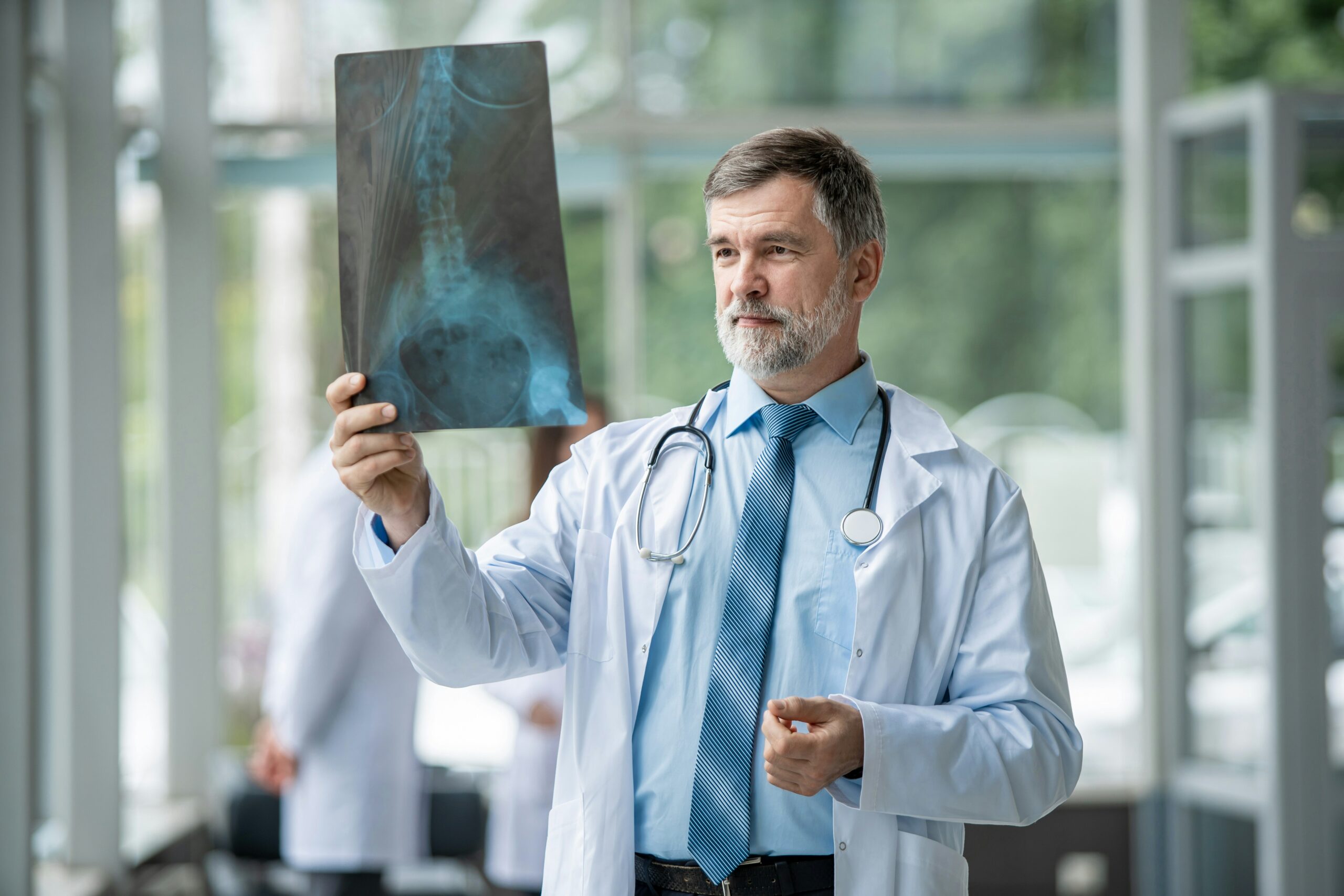
Personal injury cases often arise from unexpected and unfortunate incidents, such as car accidents, workplace injuries, or slips and falls. These cases hinge on proving liability and demonstrating the extent of damages suffered by the victim. Medical evidence plays an indispensable role among the various types of evidence presented in personal injury lawsuits. This article delves into why medical evidence is vital in personal injury cases and how it can significantly influence outcomes.
Understanding the Importance of Medical Evidence
In personal injury cases, the plaintiff must prove that they suffered injuries due to the defendant’s actions or negligence. Medical evidence serves as the cornerstone of this proof. It provides objective documentation of the injuries sustained, the treatment received, and the long-term implications for the victim’s health and well-being. Without such evidence, it becomes nearly impossible to establish the link between the defendant’s conduct and the harm suffered.
Establishing a Clear Causal Connection
One of the critical functions of medical evidence is to establish a causal connection between the incident in question and the injuries sustained. For instance, if a victim is involved in a car accident and experiences chronic back pain, medical records can confirm that the pain is a direct result of the accident. This connection is crucial for proving the defendant’s liability and securing compensation for the victim.
Through their diagnoses and expert opinions, medical professionals play a vital role in bridging this gap. Their testimony can clarify whether the injuries were pre-existing or directly caused by the incident, providing clarity and credibility to the case.
Demonstrating the Extent of Injuries
Accurate and detailed medical evidence is essential for illustrating the injuries’ severity. Every piece of evidence paints a comprehensive picture of the victim’s condition, from X-rays and MRIs to detailed medical reports and doctors’ notes. This information is critical for determining the amount of compensation the victim deserves.
For example, a plaintiff seeking compensation for a fractured arm needs medical evidence to show the nature of the fracture, the treatment involved, and the recovery timeline. This documentation can help substantiate claims for medical expenses, lost wages, and pain and suffering.
Supporting Claims for Future Damages
Personal injury cases often involve claims for future medical expenses and long-term care. Medical evidence is instrumental in supporting such claims. Expert testimony from healthcare professionals can shed light on the anticipated costs of ongoing treatments, rehabilitation, or the likelihood of permanent disability.
For instance, if a workplace accident leads to a debilitating injury, medical experts can provide insights into the victim’s prognosis, the potential need for assistive devices, and the overall impact on their quality of life. This information enables the court to award appropriate compensation for future damages.
Strengthening Credibility and Authenticity
Medical evidence lends credibility to a personal injury case by providing unbiased, professional documentation of the injuries. Unlike subjective accounts from the plaintiff, medical records are factual and rooted in science, making them highly persuasive in court.
Additionally, expert witnesses, such as doctors and specialists, can bolster a case’s authenticity. Based on years of experience and rigorous analysis, their professional opinions carry significant weight in the eyes of judges and juries. This credibility is particularly valuable when countering challenges from the defence, who may attempt to downplay the injuries or question their validity.
Addressing Potential Challenges
While medical evidence is robust, it is not immune to scrutiny. The defence may attempt to argue that the injuries were pre-existing, exaggerated, or unrelated to the incident in question. In such scenarios, having comprehensive and well-documented medical records is crucial for rebutting these claims.
It is also essential to address any gaps in medical treatment. For example, if a victim delays seeking medical attention after an accident, the defence may argue that the injuries are unrelated. Timely, consistent medical care and thorough documentation help avoid such pitfalls and strengthen the plaintiff’s case.
The Role of Medical Experts in Court
In many personal injury cases, medical experts are called upon to testify. These professionals offer detailed explanations of the injuries, the treatment process, and the potential long-term effects. Their testimony can be pivotal in helping the court understand complex medical concepts and how they relate to the plaintiff’s claims.
Medical experts can also counter the defence’s arguments by clarifying medical terminology, addressing inconsistencies, and reinforcing the causal link between the incident and the injuries. Their objective and specialized input make them invaluable assets in personal injury litigation.
How Plaintiffs Can Strengthen Their Case with Medical Evidence
To maximize the impact of medical evidence, plaintiffs must prioritize timely medical attention. Visiting a doctor immediately after an accident ensures prompt treatment and establishes a clear record of the injuries sustained. Consistent follow-ups and adherence to prescribed treatments further strengthen the case by demonstrating the seriousness of the injuries.
Plaintiffs should also keep detailed records of all medical expenses, including bills, prescriptions, and treatment receipts. These documents serve as tangible proof of the financial burden caused by the injuries, aiding in calculating compensation.
The Impact of Medical Evidence on Settlement Negotiations
Most personal injury cases are resolved through settlements rather than court trials. Medical evidence is equally crucial in these negotiations. Insurance companies often base their settlement offers on the strength of the evidence presented. Comprehensive and compelling medical documentation can lead to more favourable settlement terms, sparing plaintiffs the time and stress of prolonged litigation.
The Foundation of a Strong Case
In personal injury cases, medical evidence is a supporting element and the backbone of a successful claim. From establishing causation to demonstrating the extent of injuries and future damages, medical evidence plays a multifaceted role in securing justice for victims. Plaintiffs prioritizing thorough medical documentation and leveraging expert testimony are better positioned to achieve fair compensation and hold negligent parties accountable.
By understanding the pivotal role of medical evidence, both plaintiffs and legal professionals can navigate the complexities of personal injury cases with confidence and clarity, ensuring that the pursuit of justice is backed by solid, irrefutable proof.